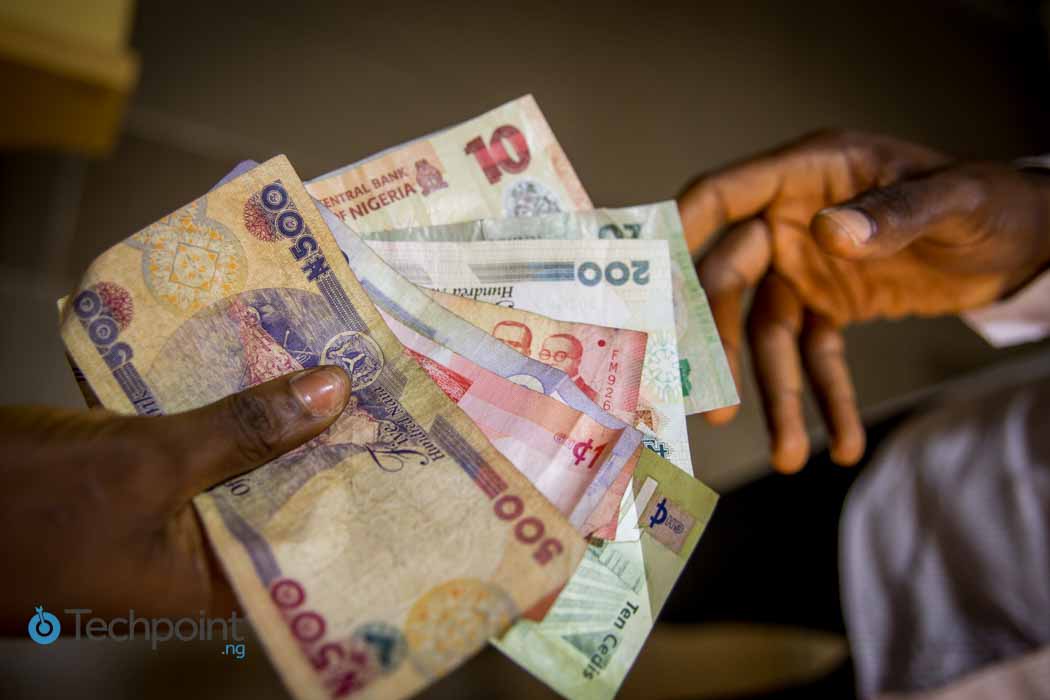According to Tayo Oviosu, CEO of Nigerian mobile payments company Paga, his company spent two months “talking to the largest bank in Africa and Nigeria (to be) to get a car loan for six vehicles”. After being denied the loan, Paga had to pay in cash to get the vehicles.
Tayo made this known in a series of tweets where he compared Nigerian banks to their American counterparts who grant loans seamlessly to their customers.
Paga just spent two months talking with the largest bank in Africa and Nigeria (to be) to get a car loan for 6 vehicles. No luck. We gave up and are buying in cash. What a waste of resources.
Banks need to do the real business of banking and stop talking.
— Tayo Oviosu (@oviosu) January 17, 2019
The replies to Tayo’s tweets had different interesting insights into the access to credit in Nigeria.
How can Naija banks validate individuals seeking auto loans? How will they know d individual will repay d loan? The financial institutions in the US as you probably already know use d credit reporting data to determine if to grant or decline a loan.
— Afrotechnovation (@Afrotechnovati1) January 17, 2019
We keep talking about financial inclusion but the reality is that most of us are excluded from the value adding financial services that stimulate growth and add value. Withdrawing and depositing money/purchasing goods is the base level of inclusion.
— Onyebuchi Ajufo (@OnyebuchiAjufo) January 17, 2019
The major problem here is availability of reliable data. Also, we need to build a culture of integrity. Majority of Nigerians today collect loans and disappear into thin air because of the dysfunctional system. With BVN, things are improving. Banks now avail loans via USSD codes.
— Chris Emoghene (@emochris12) January 17, 2019
Revisiting the need for a centralised credit system
When Nigerian banks are compared to those in other parts of the world, it becomes clear that Nigerians are only getting basic banking services with no real value.
One way banks are expected to provide value to their customers is by providing them with credit facilities. This, unfortunately, is one area where Nigerian banks fail to deliver.
However, can one really blame them? Due to the lack of a structured credit system in Nigeria, granting loans is a high-risk business. Asides landed property collaterals, many Nigerian banks do not have a system for sizing up the credit worthiness of a loan recipient.
There is also the lack of a unified database of Nigerians that could provide financial institutions with information on customers, alongside their Bank Verification Numbers (BVN).
Nonetheless, Nigerian banks are doing the bare minimum with the data they do have. In 2017, iROKO founder Jason Njoku narrated his experience with applying for a mortgage with iROKO’s primary Nigerian bank back in 2014.
Despite the fact that the bank had access to the company’s day to day transactions, it still could not use that data to offer Jason a loan with reasonable terms.
Suggested Read: The need to grow Nigeria’s credit system through data
One might argue that the fate of having a structured credit system is beginning to change with the emergence of several online lending platforms who have put systems in place to efficiently determine credit worthiness of loan applicants. Nevertheless, there is still a pressing need to synchronise the data they have with those of other lenders.
This way, more Nigerians would be able to build credit history that can help them access loans from any financial institution in the country.
In a bid to facilitate information sharing between credit bureaus and other financial institutions in Nigeria, while he was Acting President in 2017, Vice President Yemi Osinbajo signed the Credit Reporting Act as well as the Collateral Registry Act.
Though the Collateral Registry Act is yet to be implemented, execution of the Credit Reporting Act seems to have taken off.
Suggested Read: It appears SMEs still cannot use movable assets to secure loans in Nigeria.
“A data sharing platform actually exists,” says a Lagos-based Nigerian lender. “We (lenders), including banks submit our data to the credit bureau every month. But it’s not done in real time.”
Since the system does not work in real time, borrowers can get loans from multiple platforms and get away with it.
“This gives room for fraud because as long as a borrower can request for loans across platforms in less than 30 days, they can get away with it without consequences.”
It goes without saying that until the credit system is centralised and structured to minimise risks, Nigerians will continue to be underbanked and financially underserved.











